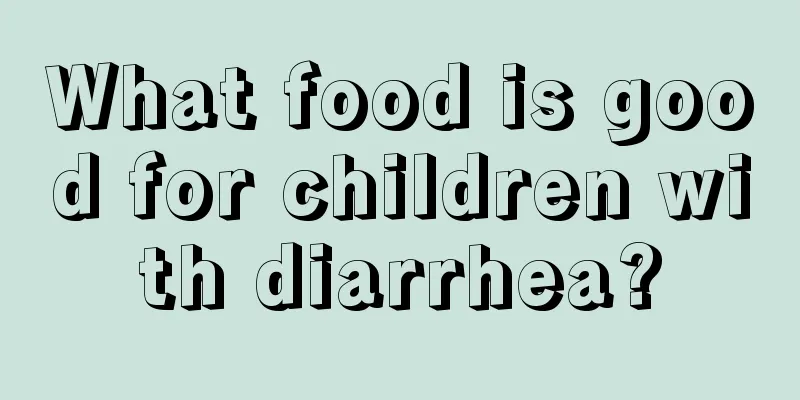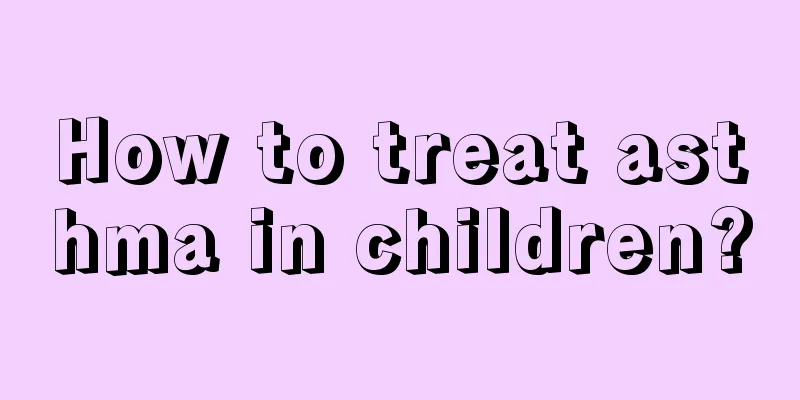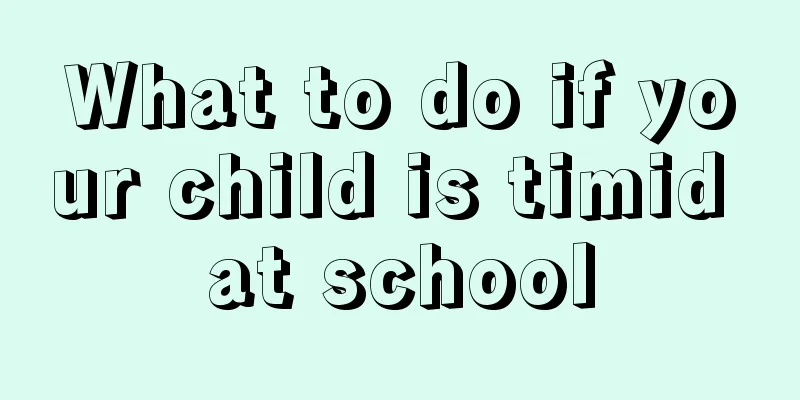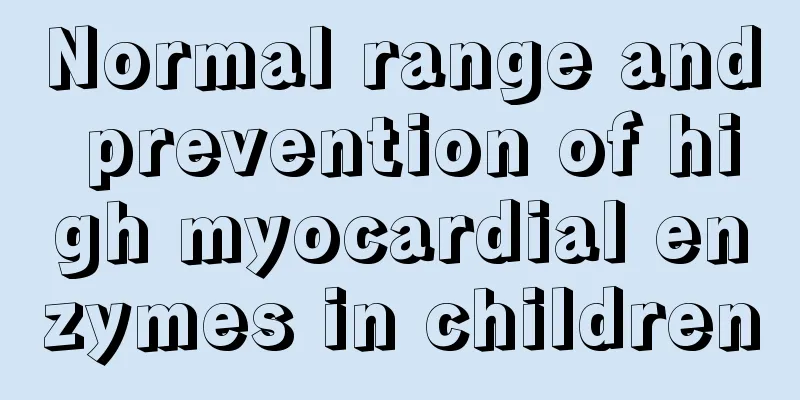How to treat children's lip blisters

|
When a child's lips blister, it is called stomatitis, which is usually a common disease in children, especially in infants and young children. The infection often occurs on the tongue, gums and corners of the mouth (lips). Many factors can cause oral inflammation, but stomatitis caused by different reasons generally have similar symptoms. For example, infants and young children may experience fever, irritability, drooling, crying easily, and unwillingness to eat, etc. There are three common types of stomatitis: thrush, herpetic stomatitis and ulcerative stomatitis. 1. Thrush: It refers to the appearance of white curd-like substance on the oral mucosa, which is slightly higher than the surface of the mucosa and is not easy to wipe off. It is most common in the buccal mucosa but can spread to other parts of the mouth. It is more common in newborns who use contaminated feeding utensils, malnourished children, and children who use broad-spectrum antibiotics or hormones for a long time. Treatment method: Children with thrush can apply local medication: nystatin (100,000 units in 1-2 ml of water) or 2% sodium bicarbonate to the affected area. 2 Herpetic stomatitis: The main symptoms are fever, small red spots appear in the mouth first, which quickly turn into herpes and then form superficial ulcers, which can fuse and the surrounding mucosa becomes congested. It is more common in infants and young children aged 1 to 3 years old. It is highly contagious and can spread to a small extent in childcare institutions. Herpetic stomatitis is mostly caused by viral infection. Treatment method: Children with herpetic stomatitis can use Bingpengsan, Xileisan, Xiguashuang, Smecta and other drugs topically. For those with severe pain, 2% lidocaine can be applied topically before eating. Antibiotics are needed for secondary bacterial infection. 3. Ulcerative stomatitis: Children often have fever, and ulcers can occur in various parts of the mouth. The surface of the ulcers is covered with a thick cellulose pseudomembrane, which is easier to wipe off. Local lymph nodes may swell. Ulcerative stomatitis is mostly caused by bacterial infection and often occurs when the body's resistance is reduced, such as in acute infection, long-term diarrhea, etc. Treatment method: Patients with ulcerative stomatitis need to use antibiotics to control the infection in time. 3% hydrogen peroxide can be used to clean the ulcer surface and then apply chloramphenicol glycerol. 2% lidocaine can be used for local analgesia. In addition, local oral laser combined with navel Chinese medicine patch is also a good treatment method. In daily life, parents will find that their children often get angry. Especially in this changeable spring, parents should add or remove clothes for their children in time to prevent them from catching cold or overheating. Pay attention to a balanced diet, eat more fruits and vegetables, and drink plenty of water. Older children should strengthen their physical fitness, do more outdoor sports, and do appropriate exercise to enhance their immunity. Fundamentally eliminate the causes of getting angry. |
<<: My child's teeth are falling out and not growing back. What's wrong?
>>: Why are my child's lips red and swollen?
Recommend
How does traditional Chinese medicine treat children’s allergic cough?
I believe many people are familiar with coughing....
How to treat infantile hemangioma?
Many infants and young children have some birthma...
Why is the baby's face yellow?
In our daily life, when we are raising babies, on...
What are the causes of recurrent tonsillitis in children?
What families worry about most is that their chil...
Why does a 3-year-old baby vomit after eating?
If a 3-year-old baby vomits after eating, parents...
Why do children get angry?
Children are more prone to getting angry. There a...
Can neonatal dacryocystitis heal on its own?
Neonatal dacryocystitis is mostly caused by incom...
Daily care for children with diarrhea after fever
I believe parents all know that many babies suffe...
Which physical method is more feasible for reducing children's fever?
Children are fragile, but they are bound to encou...
How to prevent blocked tear ducts in babies
We all know that many newborns are particularly p...
What should I do if my child has precocious puberty?
Many people are very familiar with the term "...
How to treat rough skin in infants?
The skin is the largest organ in the human body. ...
How to protect children's teeth
To ensure the health of teeth can better promote ...
Effective ways to relieve cough in children
Children's resistance is relatively low, espe...
10 Mistakes When Giving Medicine to Your Baby
We often say that "medicine is three parts p...









